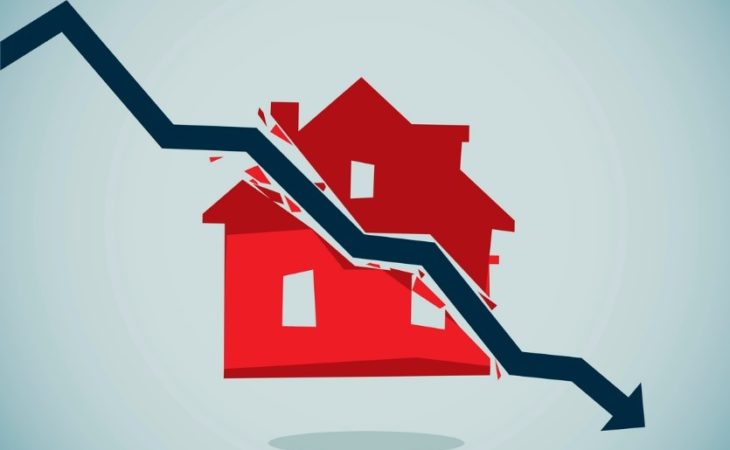Will there be a housing crash in 2025?


Hamptons anticipates a 3% increase in house prices across Britain in 2025, followed by a 3.5% rise in 2026 and a 2.5% increase in 2027, as the “affordability picture” improves. The upcoming year may signal the onset of a “new housing cycle,” during which London is projected to surpass the rest of the country in performance. According to Hamptons’ housing market forecast, London is expected to experience a 4% price growth in the fourth quarter of 2025, marking the first time since 2015 that it outpaces other regions.
Tim Bannister, a property expert at Rightmove, noted that this trend would be “partly driven by major companies requiring a return to permanent office work.” He stated, “We believe 2025 will remain a buyer’s market, which may afford buyers greater negotiating power, as the number of properties available per estate agent is at a decade-high for this time of year.” Bannister added, “There is less competition among buyers compared to the pandemic period, allowing them more flexibility to select the right home at the right price.”
Rightmove reported its busiest Boxing Day for new seller activity, with a record number of properties listed for sale by agents. Total buyer demand, gauged by the inquiries sent to estate agents regarding homes for sale, was also 20% higher on December 26 than on the same day in 2023, as prospective buyers took advantage of increased options ahead of a potential move in 2025. Transaction numbers are expected to rise, similar to the trend observed in 2024, largely due to first-time buyers, who represented a record 31% of all sales.
However, changes to stamp duty in April may lead to a “distorted” market as buyers rush to purchase before the new regulations take effect. Hamptons’ forecast continued: “While there may be a slight increase in transactions just prior to these changes, the overall effect is not anticipated to create a significant rush, as the potential savings for most movers will be relatively minor. “Ultimately, affordability is expected to remain the primary factor influencing the market’s trajectory, with incomes projected to outpace inflation.”
References to London Online on the website include all elements. Each entity in the London Online network is responsible locally for the management and ownership of its respective website(s). While London Online makes every effort to ensure that everything on the website is accurate and complete, we provide it for information only, so it is indicative rather than definitive. We thus make no explicit or implicit guarantee of its accuracy, and, as far as applicable laws allow, we neither accept responsibility for errors, inaccuracies or omissions, nor for loss that may result directly or indirectly from reliance on its content. Users of the website should not take or omit to take any action that relies on information on the website. London Online may correct or update the website without prior notice. In making the website available, London Online does not imply or establish any client, advisory, financial or professional relationship. Through the website, neither London Online nor any other person is providing advisory, consulting or other professional services.